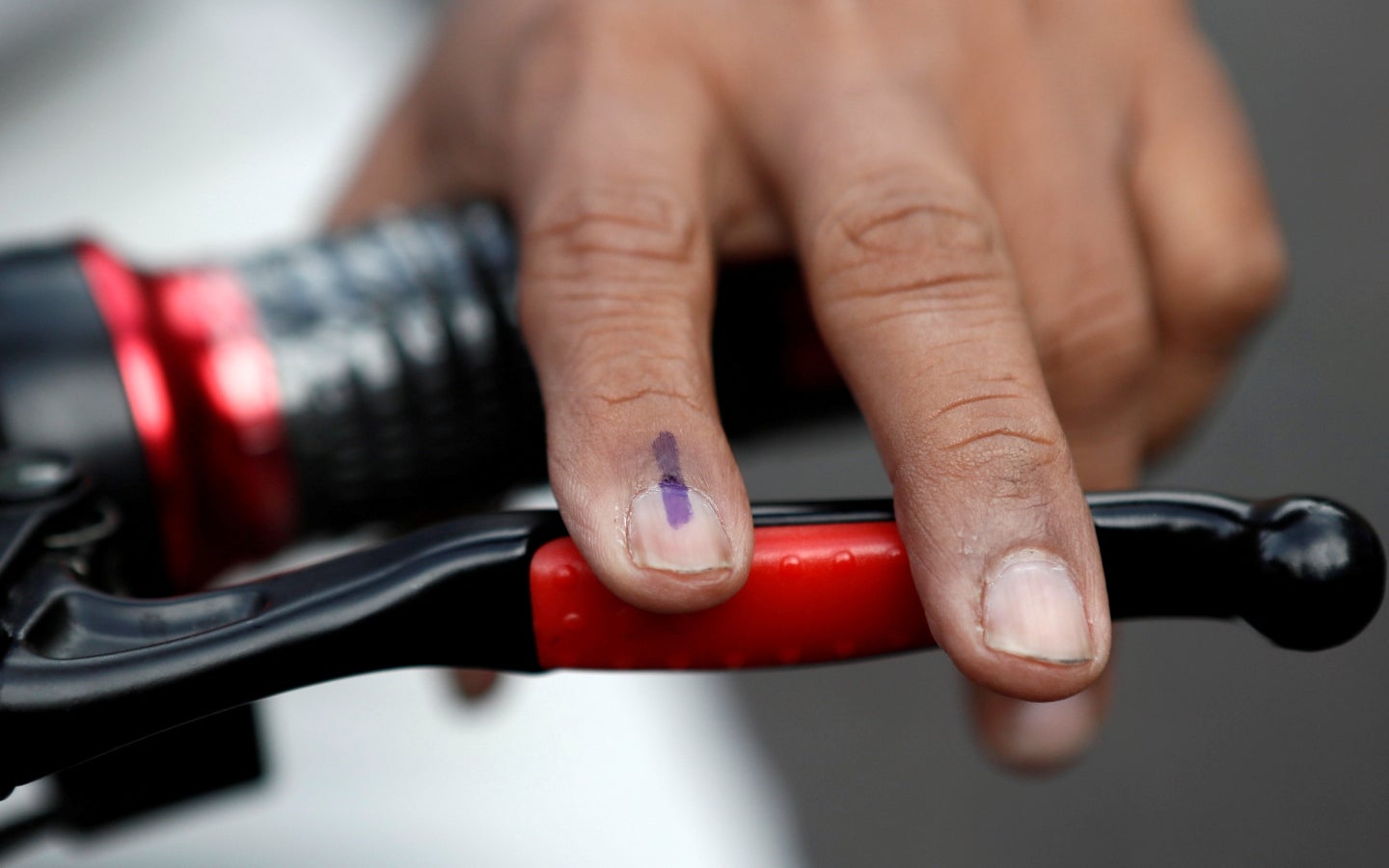Recent poll results show that nationalist rhetoric won’t help Modi hide economic woes forever
In May this year, prime minister Narendra Modi returned to power with a thumping majority despite a 45-year-high unemployment rate. Many wondered if the Bharatiya Janata Party (BJP) had managed to delink elections with economic performance.


In May this year, prime minister Narendra Modi returned to power with a thumping majority despite a 45-year-high unemployment rate. Many wondered if the Bharatiya Janata Party (BJP) had managed to delink elections with economic performance.
After all, the victory was stupendous as Modi won a few more seats than he did in 2014 when he had the much easier task of playing the outsider and opponent. What helped him in 2019 was the Balakot air strikes on Pakistan in response to a terrorist strike in Pulwama, Kashmir. This led to the question if Indian voters were privileging nationalism over bread & butter issues. Others argued that Modi’s success was a reflection of his welfare schemes—building toilets and houses, giving gas cylinders to the poor, and insuring the poor.
This paradigm of welfare and nationalism, we can now say, has its limits. Here’s why.
Electoral disappointment
A report by the Centre for Monitoring of Indian Economy said last month that the northerm Indian state of Haryana has the country’s highest unemployment rate at 28.7%. Some of the job losses have come from the automobile manufacturing hub near Gurugram, adjacent to Delhi. But there have been issues with agriculture too: Crop prices have been falling for the past two years.
Not surprisingly, in the election results announced yesterday (Oct. 24) for Haryana’s legislative assembly, the BJP lost 22 percentage point vote share over the May Lok Sabha elections. The party had a stated aim of winning 75 of 90 seats in the state assembly but won 40, six short of a majority. It may still form the government, though, with the help of independents.
An unnamed senior functionary of the Rashtriya Swayamsevak Sangh, the BJP’s parent organisation, told the Hindustan Times that the slowdown was one of the reasons for the lacklustre results.
In the western state of Maharashtra, which, too, saw election results declared yesterday, the BJP is forming government comfortably, but has lost numbers badly and will now be more dependent on its pesky ally, the Shiv Sena. The BJP and Shiv Sena together have lost marginal vote-share. Ordinarily, this would have been considered a good electoral performance. After all, not many governments return to power after five years. However, when the opposition is weak and you have popular leaders like Modi and state chief minister, Devendra Fadnavis, one would expect the ruling coalition to increase its seats, not decrease.
It is evident that had the main opposition party, the Indian National Congress, played to win, the BJP could have even lost Haryana. The Congress there promised voters an unemployment allowance but the party hardly campaigned on the ground. Speaking at a rally in Mumbai, Maharashtra, former party chief, Rahul Gandhi, did not even raise the issue of a major co-operative bank going down and depositors losing their money.
In other words, the Congress did not try to win these two states.
On the other hand, to avoid talking about the economic slump, the BJP made its campaign all about Article 370. On Aug. 5, the Modi government had rendered ineffective this constitutional provision that gave the state of Jammu & Kashmir relative autonomy. The BJP was hoping that a wave of nationalism would make people overlook their economic woes. In other words, a repeat of the Lok Sabha elections.
And perhaps that is what happened. Had it not been for Article 370, the Pakistan-bashing, branding the opposition anti-national, and promising to weed out illegal immigrants, the BJP campaign would not have had much to say.
Yet, economic issues clearly matter. The slowdown has been worsening since Modi came to power. The Indian economy is at its worst since 2013-14, the year things got so bad that Modi was able to exploit the situation and become India’s first prime minister with a full majority since 1984.
Parts of Maharashtra have seen drought often over the past few years, while farm-loan waivers haven’t been reaching the people. A minister in the Fadnavis government even admitted before polls that this could affect the ruling alliance in the elections.
The Modi government has largely been in denial of this problem, often making ridiculous statements like “Indians are watching movies,” “Math didn’t help Einstein discover gravity,” and “Millennials don’t like to buy cars,” to justify the economy’s condition.
Voters in Haryana and Maharashtra have given the party a wake-up call.
We welcome your comments at [email protected].